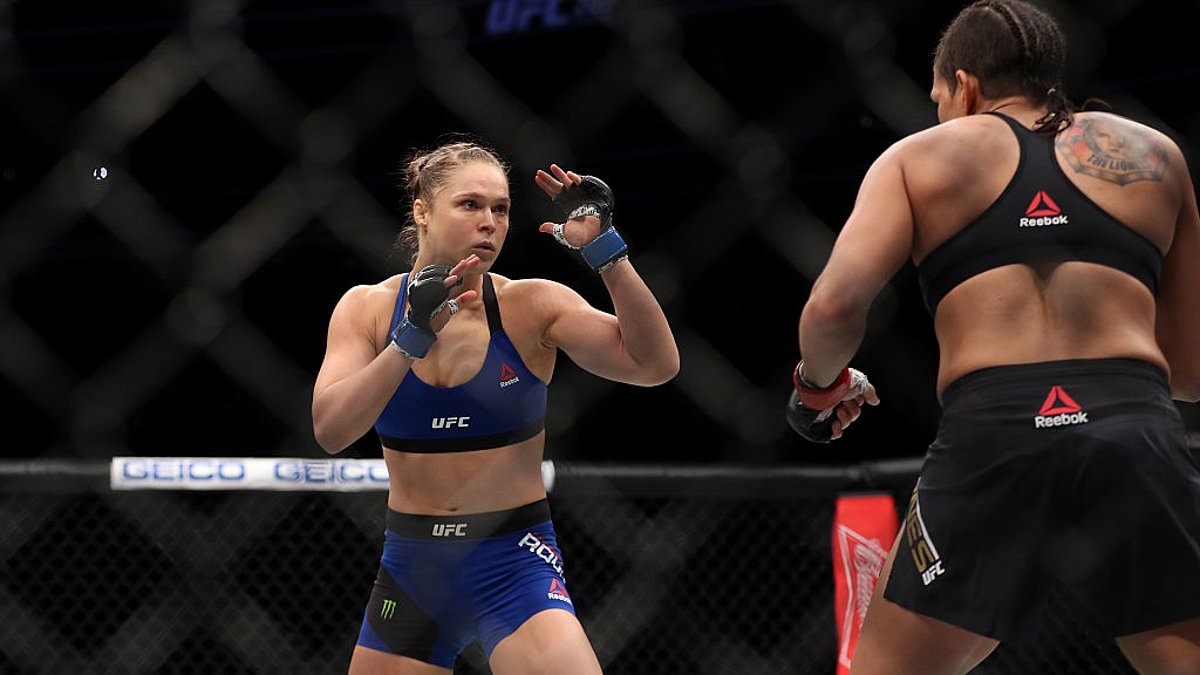In the high-stakes arena of mixed martial arts, raw talent and relentless training are non-negotiable prerequisites. Yet, as the sport matures and global attention intensifies, another, perhaps more elusive, quality is proving increasingly vital for true superstardom: the ability to entertain. This was the recent observation from none other than Ronda Rousey, a titan whose career redefined the landscape for women in combat sports, as she singled out a contemporary fighter for possessing this crucial, often underestimated, trait.
Rousey, speaking at a recent event, articulated a distinction between a highly skilled fighter and a genuine celebrity. For her, the key lies in transcending the sport’s core fanbase, reaching individuals who might not habitually tune into every fight card. This crossover appeal, she posits, is where the true “entertainer” emerges. Her praise was directed squarely at Liverpool`s own Paddy “The Baddy” Pimblett, acknowledging his unique knack for engaging audiences far beyond the cage`s perimeter.
Rousey`s Blueprint: The Pioneer of Crossover Appeal
Few understand the mechanics of this phenomenon better than Rousey herself. Before her retirement from active UFC competition, she didn`t just win fights; she dominated them with a ferocity and efficiency that bordered on the theatrical. Her signature armbar submissions were not merely techniques; they were climaxes to a narrative of unparalleled dominance. But her impact extended far beyond the octagon. Rousey seamlessly transitioned into mainstream media, appearing in major films, gracing magazine covers, and eventually carving out a significant career in professional wrestling with the WWE.
Her career was a masterclass in brand building, demonstrating that athletic supremacy could be amplified by a charismatic persona and a willingness to step into the glare of Hollywood lights. She proved that a fighter could be both an apex predator and a household name, creating a template for what a modern combat sports superstar could, and perhaps should, be.
Paddy “The Baddy”: The Heir Apparent to Entertainment
Enter Paddy Pimblett. While still on his ascent within the UFC`s lightweight division, Pimblett has already amassed a following that belies his current ranking. His distinctive charisma, the passionate declarations of his Liverpudlian pride, and his unapologetic enjoyment of the spotlight have made him a fan favorite. His post-fight antics, press conference banter, and social media presence cultivate a narrative that is both authentic and highly engaging. He is, to borrow Rousey’s terminology, an entertainer first and foremost, a quality that elevates his performances from mere athletic contests to must-watch events.
It`s an interesting paradox: in a sport ostensibly about physical prowess, the ability to weave a compelling story or project a magnetic personality can sometimes outpace purely technical mastery in the race for wider recognition. Pimblett, with his engaging personality and willingness to interact, has tapped into this truth, converting casual viewers into devoted followers.
The Evolving Definition of a Superstar
The modern combat sports landscape is a crowded marketplace of talent. With countless athletes striving for recognition, simply being exceptional in the cage is, for many, no longer sufficient to secure true global stardom. The demand for narrative, for personalities that resonate, and for individuals who can command attention across diverse media platforms has never been higher.
Rousey`s insight underscores a critical shift. Fighters are no longer just competitors; they are also public figures, storytellers, and, yes, entertainers. They must not only conquer opponents but also capture imaginations. This dual mandate requires a shrewd understanding of personal branding and a willingness to step outside the conventional role of an athlete. For those who master both, like Rousey before him, and Pimblett now, the path to unprecedented celebrity in the UFC appears wide open, proving that sometimes, the biggest battles are fought not just in the octagon, but in the realm of public perception.

